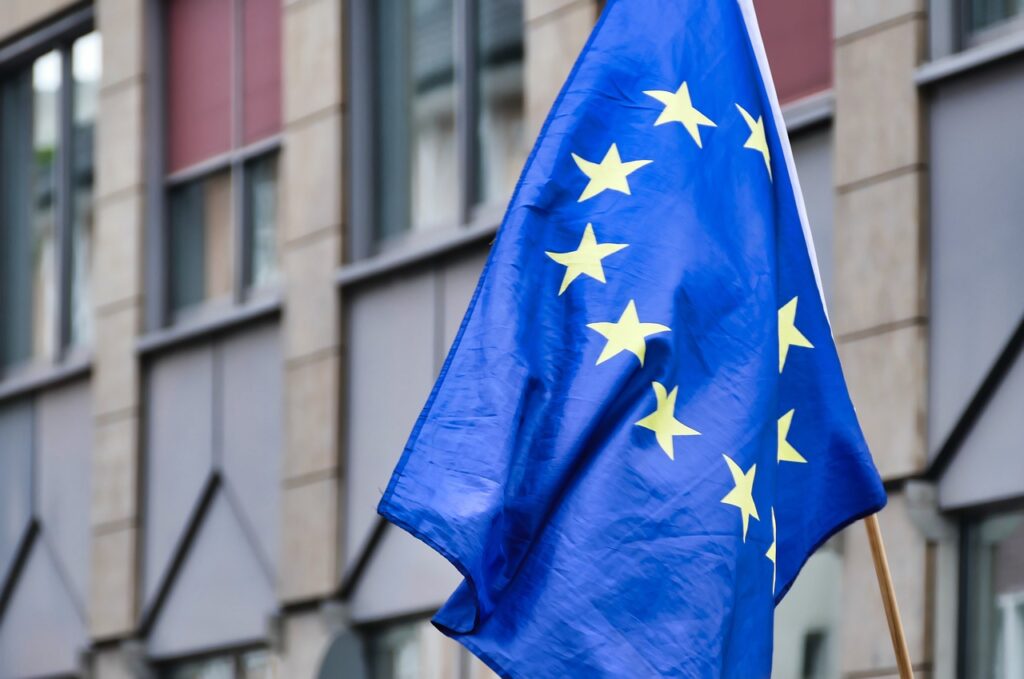The European Union’s ambitious hydrogen targets for 2024 are now deemed unattainable.
Initially aiming for 6 gigawatts of electrolysis capacity and one million tons of renewable hydrogen by 2024, the EU now shows a stark shortfall with only 0.5 GW installed, falling dramatically short of goals. Projections for meeting the 2030 targets are also under threat.
The growing chasm between EU ambitions and on-the-ground reality highlights the necessity for effective regulatory and financial frameworks. Ralf Diemer, Managing Director of the eFuel Alliance, emphasizes the risk of lagging behind in renewable hydrogen and potentially losing leadership in power-to-X technologies if changes are not made. The shortfall impacts industries reliant on hydrogen, like steel, and delays growth in producing climate-friendly hydrogen derivatives, which are crucial for sustainable fuels.
The RePowerEU strategy envisions Europe producing 10 million tons of hydrogen domestically alongside importing an additional 10 million tons by 2030. However, progress is hampered by the low targets of the Renewable Energy Directive (RED), which only mandates a 1% quota for renewable fuels by 2030. In 2022, the proposed quota was initially set at 2.6% and later increased to 5%, but even these adjustments are seen as inadequate.
The EU Delegated Acts outline strict guidelines for renewable production, impacting financial and logistical feasibility. Germany’s Economic Affairs and Climate Action Minister, Robert Habeck, has highlighted the costliness and complexities of these regulations, advocating a pause in some stringent criteria until 2035.
The hydrogen sector in Europe faces bureaucratic hurdles that stifle investment and importation, creating significant uncertainty. Critics like Diemer call for a decisive overhaul of current standards, warning that without action, the EU risks delaying its hydrogen market evolution. Clear, actionable policies are necessary to facilitate advancements leading up to 2030.
The eFuel Alliance urges the EU to adopt pragmatic measures, focusing on refining Delegated Acts related to green hydrogen and eFuels. Representing a broad coalition of stakeholders, the alliance advocates for fair competition and recognizes eFuels’ vital contributions to reducing emissions and achieving climate goals.





